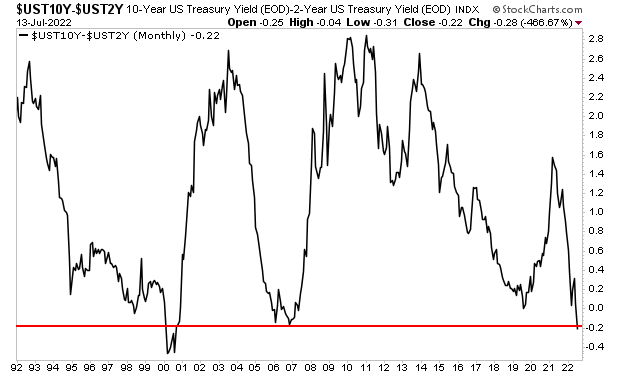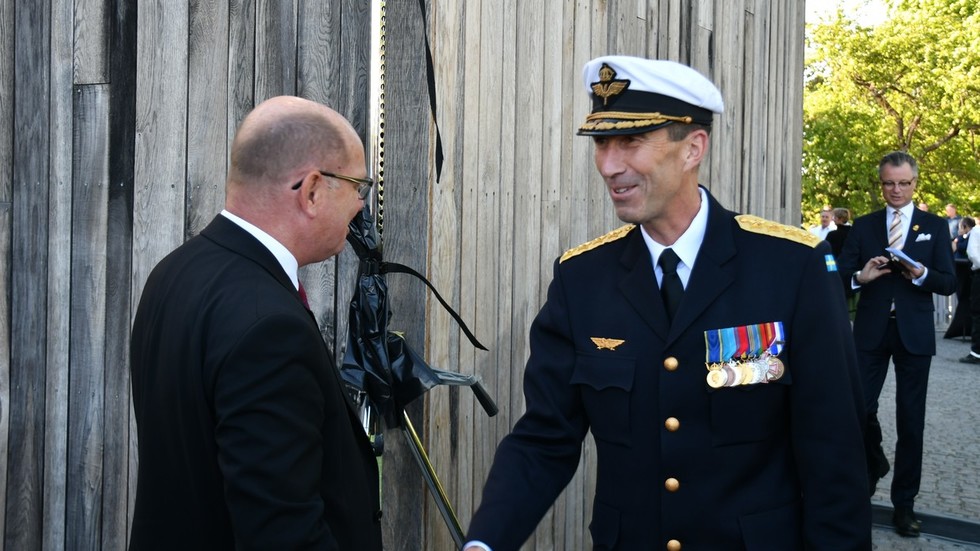Earlier, this week, Pakistan Prime Minister Shehbaz Sharif in an interview aired on Pakistan’s state-run TV called for his Indian counterpart to join him for “serious and sincere talks to resolve our burning issues, like Kashmir”. If anyone had any illusions that Pakistan’s leadership was turning a new leaf, they would be dispelled soon by a statement from Sharif’s office after the interview was telecast that declared that such talks could happen only if India restored the constitutional provisions in Jammu and Kashmir that were revoked in 2019.
Sharif’s offer is seen as arising out of a number of domestic pressures on Pakistan’s civilian and military leadership.
For one, there is the current economic crisis – Pakistan is practically bankrupt – and even its ‘all-weather friend’ China has been extremely reluctant to chip in. Instead, Beijing’s ambassador in Islamabad has taken to regurgitating figures about his country’s support to the China-Pakistan Economic Corridor – just over $25 billion in direct investment, $2.12 billion in taxes and 192,000 jobs. The Pakistanis have not been exactly appreciative – much of the money never enter Pakistan and that number of jobs for a country of 200 million plus was certainly not the figure its politicians had in mind. The Chinese in turn have frequently pulled up the Pakistani establishment for being unable to prevent the killings of Chinese workers in Pakistan by militants of all hues across the country.
For another, Pakistan also faces pressure from a Taliban government in Kabul unwilling to listen any longer to its previous masters in Rawalpindi. The Taliban have instead provided safe haven and encouragement for Pakistan’s home-grown Tehreek-e-Taliban militant alliance that has renewed its attacks on Pakistani security forces.
With the international community, including especially the US, long having given up on Pakistan, the Islamabad-Rawalpindi dyad that rules the country is clearly in a bind. But this is a familiar situation for its skilled diplomats and intelligence services who have a long track record of turning crises into opportunities and of being blessed by geopolitical turning points that they been able to take advantage of.
The question, however, is not so much about what Pakistan can do as about what India must do.
Views in India have stuck to form dismissing Sharif’s offer as insincere and unworkable given his conditions. The definition, however, of a ‘leading power’ – to use the Indian foreign minister’s favourite expression for his country – is hopefully not of a country that is merely led by past experience but also one that can initiate change and turn even the slightest change in regional circumstances to advantage. And India’s regional circumstances have not looked good for a while.
Pakistan’s crisis is also China’s failure – New Delhi has an opportunity yet again to show exactly how Beijing treats its allies in reality – disgruntled commentary and complaints from Pakistan and Sri Lanka on China have long been ignored by New Delhi focused on reaching beyond the region and trying to play in bigger leagues. However, if South Asia is the minor league, there is also simply no way that India becomes a leading power – or any sort of power for that matter – if it cannot first lead in the region itself, persuade or convert its leaders to New Delhi’s cause and offer credible solutions to regional problems.
This does not mean that India has to give up or compromise on its interests but it does mean grabbing the olive branch as and when one is offered if it cannot manufacture opportunities of its own. Prime Minister Narendra Modi’s ‘neighbourhood first’ policy has turned into one of fire-fighting and responding to events rather than one of initiative.
Sharif’s offer might constitute perfidy of the highest order but New Delhi is itself stuck in what is going to be for all practical purposes an interminable border confrontation with the Chinese and also entering an uncertain period in the global economy. It does not have the luxury of choice currently and it absolutely needs a foot in the door in Pakistan to take advantage of a new circumstance in that country in which both the general population and the elites appear to be converging on resentment against both of their country’s longest-standing benefactors – the US and China.
Pakistan’s conditions will be negotiable and there is surely no one on Raisina Hill who is so blinded by the past as to not see the opportunity that Sharif’s offer represents to begin solving several problems at the same time – China’s ingress into South Asia, continued US belief in its own relevance and centrality to the region, the Taliban’s resurgence and, of course, the state of permanent hostility in Pakistan.
Download The Mint News App to get Daily Market Updates.
More
Less















